The Fair Labor Standards Act, or FLSA, has laws that set requirements for various aspects of employment. There’re standards in the Fair Labor Standards Act that set standards in place for: overtime pay, minimum wage, record keeping and employment of youths in private and public sectors.
Some Fair Labor Standard Act Requirements To Think About
The FLSA creates many requirements for employers. The FLSA laws state:
- Employers must pay their employees at least minimum wage.
- They must pay their employees overtime pay (1.5 times pay or pay and a half) for working over 40 hours in a week.
- They must adhere to child labor provisions.
- They must maintain various records of employment such as: hours, wages, and other wage records that a business would ordinarily keep.
The Fair Labor Standards Act does not require vacations, holidays, severance, sick pay, meal or rest periods, holidays off, premium pay for “weekend work”, pay raises or fringe benefits, or a discharge notice. These things are not covered under the federally recognized act, but most employers have their own systems in place for these things.
Record Keeping Standards Under the FLSA
The FLSA requires your employer to keep records on you, such as wages, hours of work, and other important information. Some of these records are:
- Personal information such as name, address, occupation, sex and the date of birth (especially if the employee is under 19).
- The day hour that work begins.
- The day work begins.
- The total hours worked each week and day.
This is not a complete list, but if you suspect that your employer is mismanaging their records to work you over your agreed upon hours without the time and a half pay rate (for 40+ hour work weeks), or providing you a lower pay rate than federal minimum wage, you’ll want to reach out to a lawyer.
Your lawyer will best be able to tell you if they have a chance of winning your case, they’ll know what information they need to gather and if they need other witnesses and claimants.
Tipped Workers and the Fair Labor Standards Act
Tipped employees are engaged in occupations that customarily receive more than $30 a month in tips—this may be included as part of their wages, but the employer must pay $2.13 an hour in direct wages. The employer may elect to use tip credit as wage and must inform the employee in advance, and they have to prove that said employee receives at least minimum wage between tips and direct payments.
This is an easy area for employers to ignore the Fair Labor Standards Act, and it can be tough to catch that. So keep a record of your tips, your taxes, and your direct payments—you can usually do this in the form of your pay stubs.
If you feel that you or someone you know has been mistreated by an employer and is not receiving the standards laid out beneath the Fair Labor Standards Act, a FLSA lawyer like our friends at Cohen & Cohen, can provide further insght.

